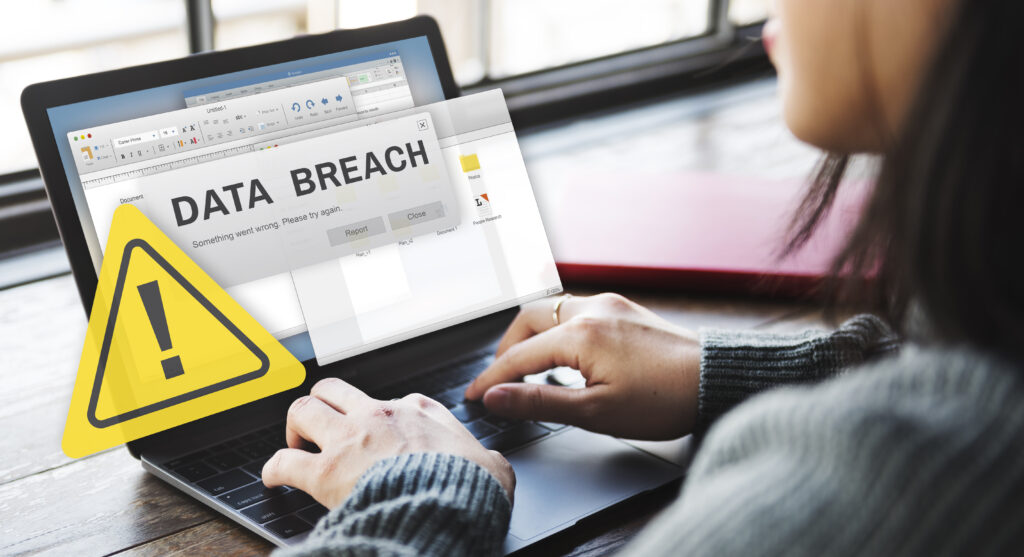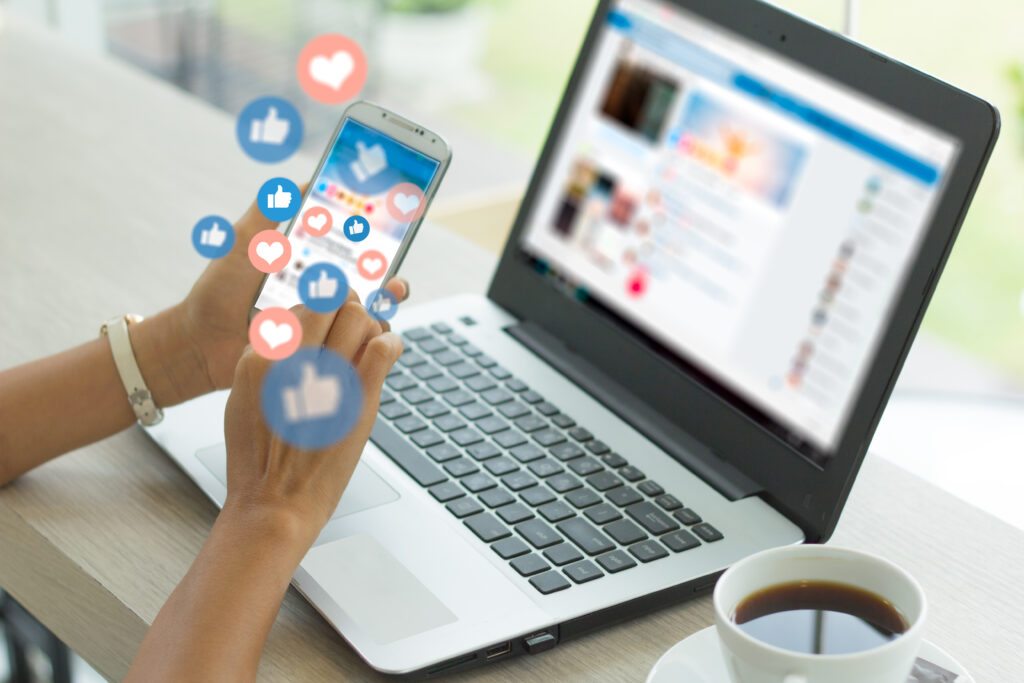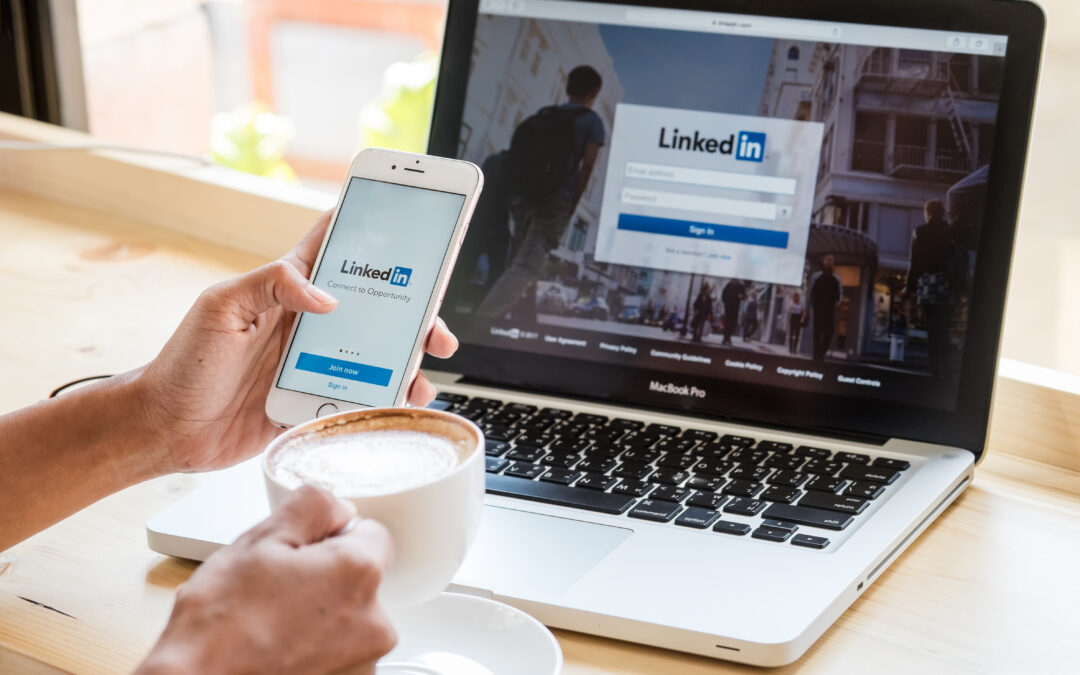Last week it was announced that LinkedIn was among many other platforms who had suffered a huge data leak.
Just like Facebook’s breach a couple of weeks ago, LinkedIn and other sites had over 500 million users being scrapped from their platform’s and sold online.
Private information such as email addresses, phone numbers, and workplace information became available to buy for anyone who wanted to pay for it.
LinkedIn has now posted a statement explaining that none of the sensitive information being scrapped has come from their servers that only information that is already available to the public through their profiles was leaked.
Members trust LinkedIn with their data, and we take action to protect that trust. We have investigated an alleged set of LinkedIn data that has been posted for sale and have determined that it is actually an aggregation of data from a number of websites and companies. It does include publicly viewable member profile data that appears to have been scraped from LinkedIn. This was not a LinkedIn data breach, and no private member account data from LinkedIn was included in what we’ve been able to review.
Any misuse of our members’ data, such as scraping, violates LinkedIn terms of service. When anyone tries to take member data and use it for purposes LinkedIn and our members haven’t agreed to, we work to stop them and hold them accountable.
LinkedIn Press Room
Despite this, data is still being stolen from many different sites, and data leaks are happening more and more regularly (especially on social media) therefore it is so important to know how to keep your information safe.

Tips on how to protect your Private Data
- Using Strong Passwords – Make sure you are always using strong passwords on all accounts, especially social media ones. Including capital letters, numbers and special characters (Eg:!,?,£,%) will help make your password strong. Also ensuring that you never use your name or birthday in the password will make it less of a common password and therefore harder for a hacker to crack.
- Being careful what you post – Don’t over-share your personal information on any social media platforms. Make sure all your privacy settings are set up and make sure you post the bare minimum when it comes to private information.

- Take caution when using free WIFI networks – A lot of people take full advantage of cafes and other public spaces that have free internet access. It makes sense as it’s free! However, if you do, you have to be extremely careful as most free internet spots have little security meaning it’s easy for anyone using that same WIFI to gain access to your device and data. To stay as safe as possible, only use your secure network at home or password-protected servers while out and about.
- Never click on pop-up links and attachments – Hackers are very clever, they can make fake pop-up ads or attachments that look real and may appeal to you. By clicking on these kinds of links, you are opening your device up to potential data breaches and viruses. The best advice to avoid this is never to click on a link unless you’re 100% it is legit and safe to use.
- Always use secure sites – When using a site, if it has a small padlock symbol in the website bar, and the website starts with HTTPS then you can be sure it’s a secure site that you can enter your information into if needed without putting it at risk. You can also check the website’s privacy policy to discover if it is secure or not if you are still concerned.
- Add extra protection – You can install antivirus software, firewalls, anti-spyware, or cyber insurance to protect your device from being hacked.
If you have any other concerns about your data or fear that you may already have a virus on your device, then give us a call today on 0808 123 2820.



Recent Comments